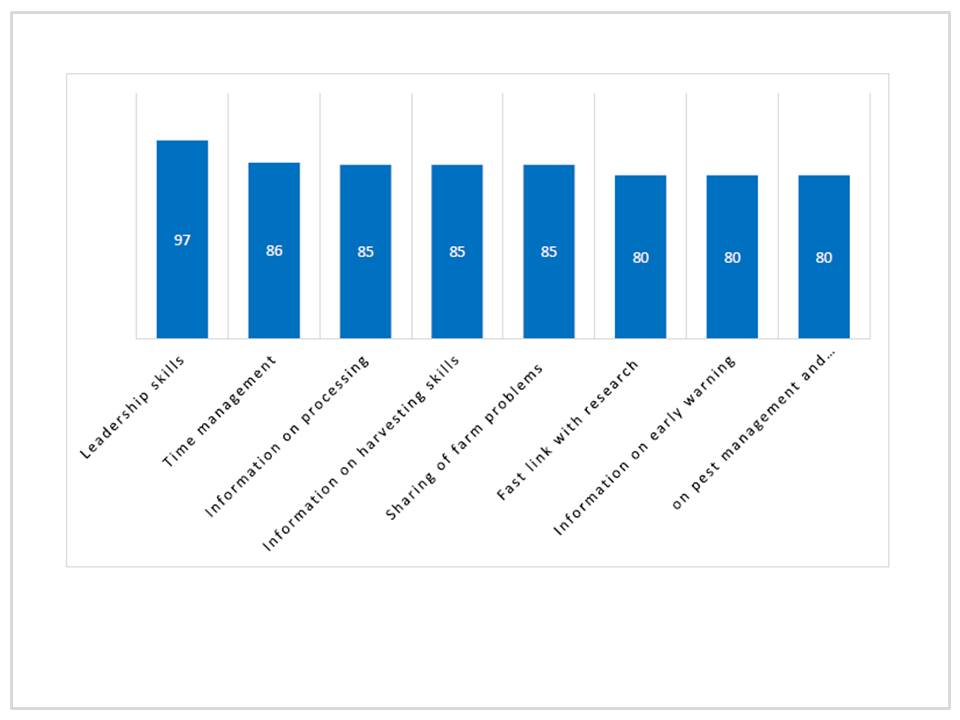Applied Research Frontiers
Title
Impact of Cyber-extension and Social Media (WhatsApp and Facebook) on Extension Workers in Federal Capital Territory, Abuja, Nigeria
Authors
Isaac L. Adeyongo,*a Sam Olayemi Sennugaa Winifred I. Lai-Solarinb and Merianchris E. Ezinnec
aDepartment of Agricultural Extension and Rural Sociology, Faculty of Agriculture, University of Abuja, FCT, P.M.B.117, Abuja, Nigeria.
bFederal Ministry of Agriculture and Rural Development, Abuja, Nigeria.
cCentre for Agroecology, Water and Resilience, Coventry University, Coventry, CV8 3LG, United Kingdom.
*Corresponding author E-mail address: isaacadeyongo@gmail.com (Isaac L. Adeyongo)
Article History
Publication details: Received: 30th March 2022; Revised: 06th April 2022; Accepted: 06th April 2022; Published: 09th April 2022
Cite this article
Adeyongo I.L.; Sennuga S.O.; Lai-Solarin W.I.; Ezinne M.E. Impact of Cyber-extension and Social Media (WhatsApp and Facebook) on Extension Workers in Federal Capital Territory, Abuja, Nigeria. Appl. Res. Front., 2022, 1(1), 28-33.

Abstract
The main purpose of this study is to examine the impact of cyber-extension and social media on extension workers service delivery in Gwagwalada area council in Federal Capital Territory, Abuja, Nigeria. Three objectives guided the study. A multistage sampling procedure was used to select a total of 100 extension workers from the study area. Using a set of structured questionnaire, data were obtained and analysed using descriptive statistical tools (frequency counts, percentages and mean score. The cyber-extension tool most used for capacity building was mobile phone (mean = 3.8), as most used, WhatsApp (mean = 2.8) and Facebook (mean = 2.6). Least used tool was MySpace, (mean = 0.7). Major constraints faced by the extension agent were economic constraints (57%) infrastructural constraints (66%) use of e-mail (55%), use of YouTube (53%) and use of twitter (77%). The rate of constraint in deploying cyber-extension and social media was adjudged high. The researchers suggest that there is a great need to train extension agents on the use of these tools. In addition, increase funding of extension activities involving utilization of cyber extension and social media should be considered to enhance information dissemination in the study area.
Keywords
Cyber-extension; social; social media; Facebook; WhatsApp